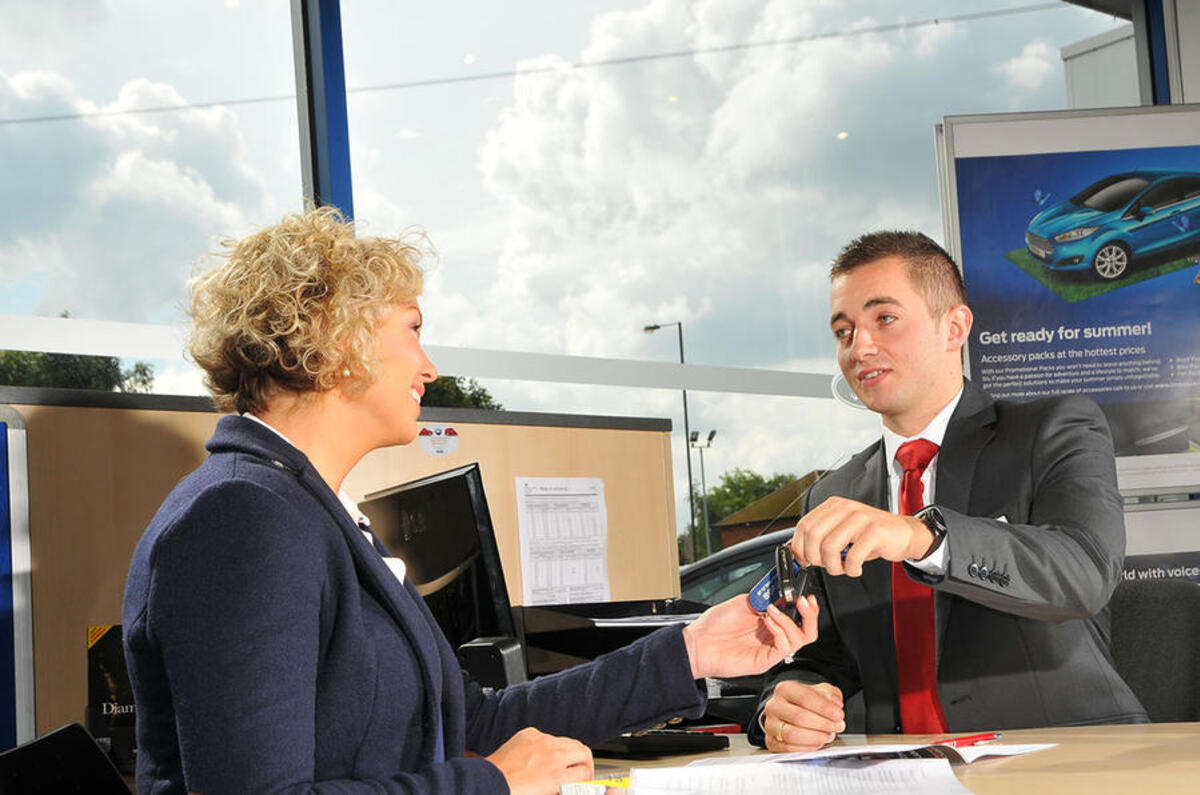New car registrations fell for the first time in six years in 2017, dropping 5.7% to 2.54m vehicles. This is chiefly as a result of falling consumer confidence, worsening exchange rates and concerns over the future of diesel according to industry body, the Society of Motor Manufacturers and Traders (SMMT).
Although 2.54m registrations marks a drop on 2016 figures, it is the third largest registrations year in a decade and the sixth best since records started in the 1950s. It also follows a hugely successful year in 2017.
“We must keep perspective: this is not the industry falling off a cliff edge - it is a retraction from exceptional highs in the face of significant challenges,” said SMMT chief executive Mike Hawes, who predicted a further fall of 5-7% over the course of 2018.
Brand by brand break down - the winners and losers of 2017's new car market
The drop came despite a record-breaking first three months of 2017, stimulated by buyers rushing to beat VED tax changes in April. Most markedly, diesel registrations dropped dramatically in the final half of 2017; they fell 31.1% year-on-year in December (against an overall year-on-year decline in registrations of 14.4% in December), and 17.1% year-on-year across all of 2017. Registrations of petrol cars in 2017 grew marginally by 2.7%.
Private registrations declined by 6.8%, with fleet registrations down 4.5% and business registrations falling by 7.8%.
“Diesel has suffered from confusion among consumers about its environmental impact, but we believe there is increasing clarity about the benefits of the latest engines,” said Hawes. “There is strong evidence that diesel owners have held off replacing their cars until they get clarity rather than simply going out and buying a petrol car instead, and our belief is that many of them will return to the market this year.”
Hawes suggested that government announcements around the banning of petrol and diesel engines from 2040 - later revealed to be inaccurate - plus the imposition of increased VED and company car taxes from April 2018 were to blame for consumer confusion.
Scrappage schemes - all you need to know
“Diesel is far from dead,” said Hawes, who predicted it will account for 40% of registrations - more than 1,000,000 cars - in 2018. “Everyone needs to understand that there are right types of technology out there for different types of driving. If you drive high mileages or a larger vehicle, then the latest diesels will often offer significant benefits.





Join the debate
Add your comment
John Lawrie
Funny how the majority of news channels, popular magazines and commentators have ignored that.
You can almost hear Private Fraser shouting in the background "We're doomed".
On the bright side...
...average IQs must be up if diseasel sales are down and petrol sales are up.
Is a 5.7% fall really something to get worried about?
After all, VW alone, produced more than 6 million vehicles in 2017 - sales are hardly drying up are they?